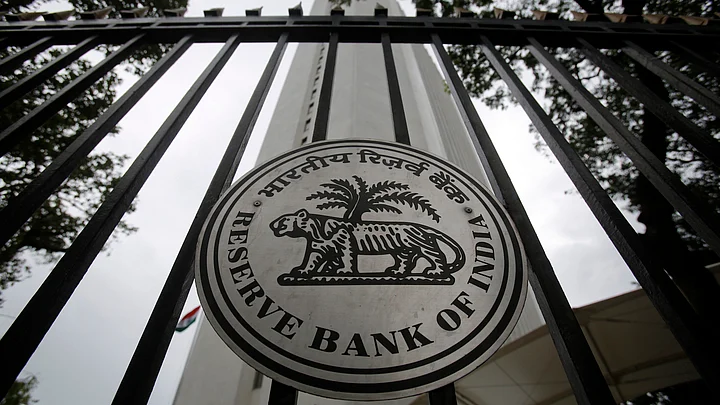India’s Monetary Policy Committee on 7 February kept interest rates unchanged and maintained a neutral stance, even as it raised its inflation forecasts and reiterated a commitment to maintaining headline inflation at close to 4 percent. The MPC, however, highlighted a number of upside risks to inflation, suggesting that a rate hike in the next financial year is now a real possibility.
Five of six MPC members voted for a status quo on rates at this policy review. Michael Patra, executive director at the Reserve Bank of India voted in favour of a 25 basis point hike.
- Following the review, the benchmark repo rate remains at 6 percent.
- The reverse repo rate will be held at 5.75 percent.
The decision was in line with market expectations. All but one of the 33 economists polled by Bloomberg News expected a status quo on rates.
MPC on Inflation
The MPC said it expects CPI inflation to average 5.1 percent in the final quarter of 2018-19. For the next fiscal year, the MPC expects inflation to range between 5.1-5.6 percent in the first half, declining to 4.5-4.6 percent in the second half. Over the medium term, the MPC is tasked with maintaining inflation in a band of 4 (+/- 2) percent. It reiterated this commitment on 7 February.
The committee highlighted six upside risks inflation:
- The staggered impact of HRA increases
- Higher commodity prices due to strong global
- Revised guidelines for minimum support prices of kharif crops
- An increase in customs duty on a number of items
- Impact of fiscal slippage on inflation.
- Normalisation of global monetary policy
“….There is, therefore, need for vigilance around the evolving inflation scenario in the coming months,” the MPC concluded.
MPC on Fiscal Pressure
The MPC took a hard line on the government’s fiscal stance and its decision to delay the fiscal consolidation process. It noted that this could impinge on the inflation outlook.
“….fiscal slippage as indicated in the Union Budget could impinge on the inflation outlook. Apart from the direct impact on inflation, fiscal slippage has broader macro-financial implications, notably on economy-wide costs of borrowing which have already started to rise. This may feed into inflation,” said the MPC statement.
While announcing the annual Union Budget on 1 February, the government said the fiscal deficit for 2017-18 would settle at 3.5 percent. This is higher than the targeted 3.2 percent. For 2018-19, the government is targeting a fiscal deficit of 3.3 percent and gross borrowings of Rs 6 lakh crore
The wider than expected fiscal deficit target and concerns over high borrowings have led to a rise in bond market yields
(This article was first published on BloombergQuint, and has been republished with permission.)
(At The Quint, we question everything. Play an active role in shaping our journalism by becoming a member today.)
